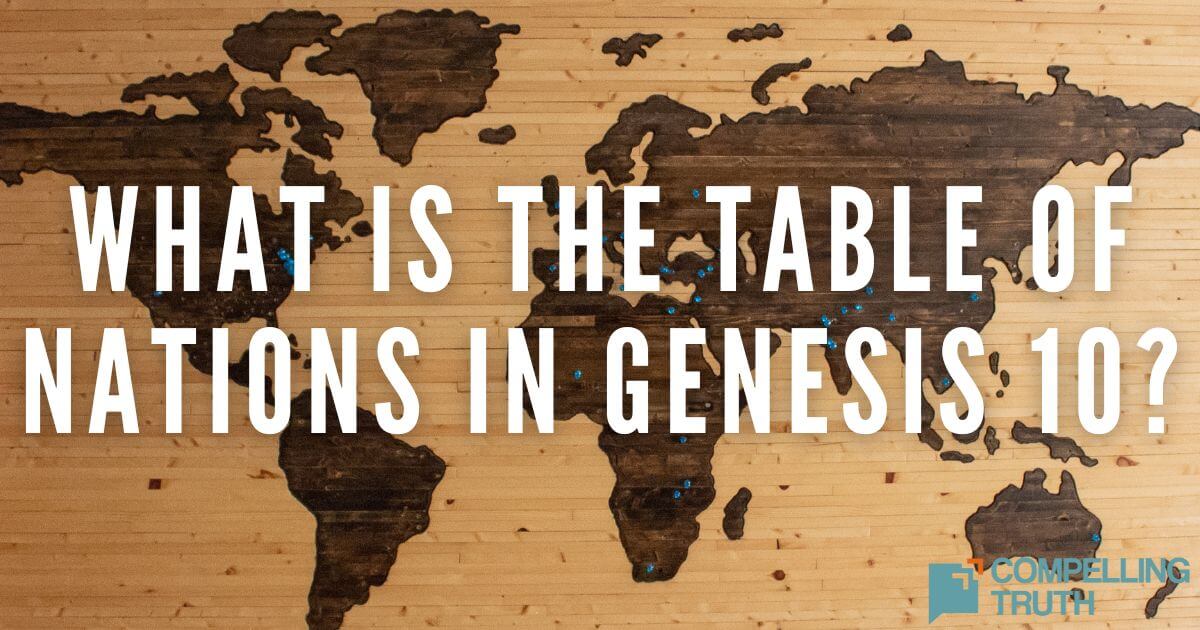Ham, the youngest son of Noah, was part of the family saved from the flood. He later fathered four sons who populated various ancient nations, including the Canaanites and Egyptians. Nimrod, a descendant of Ham, built the cities of Nineveh and Babylon. After the flood, God promised not to destroy the earth by flood again and instructed Noah's family to repopulate the earth. An incident occurred where Noah became drunk and was found naked; Ham saw him and told his brothers, who respectfully covered Noah, leading to Noah cursing Ham's son Canaan. This curse highlights the ongoing presence of servitude and rebellion in human history. Ham’s story exposes the persistent sinful nature of humanity and the need for redemption through Jesus Christ, whose lineage includes a descendant of Ham, demonstrating that salvation is available to all.
Due to the wickedness of mankind, God destroyed the earth by flood. He rescued Noah and his family because "Noah found favor in the eyes of the LORD… Noah was a righteous man, blameless in his generation. Noah walked with God" (Genesis 6:8–9). While Noah's righteousness was enough to save him and his family from the flood, it was not enough to overcome the power of sin in his life or in the lives of his sons, as evidenced by the drunken nakedness debacle. Ham’s lack of honor toward his father impacted generations to come. The fact that Ham's descendants built the Tower of Babel saying, "Come, let us build ourselves a city and a tower with its top in the heavens, and let us make a name for ourselves, lest we be dispersed over the face of the whole earth" (Genesis 11:4) shows what happens when hearts are in rebellion to God's commands.
The Bible states that every human heart harbors rebellion to God. "None is righteous, no, not one; no one understands; no one seeks for God. All have turned aside; together they have become worthless; no one does good, not even one" (Romans 3:10–12). For this reason, God sent His holy and perfect Son to live a completely righteous life and offer it as a sacrifice on behalf of all who would believe (Hebrews 10:14). Just as Shem and Japheth covered their father's shame, so, too, can Jesus Christ's blood cover our sin and shame (Hebrews 9:14). This redemption is offered not just to Shem's and Japheth's descendants, but to all people. In fact, the lineage of Christ includes one of Ham's descendants, the Canaanite woman Rahab (Matthew 1:5). What a blessing that any person can know God's saving grace!




